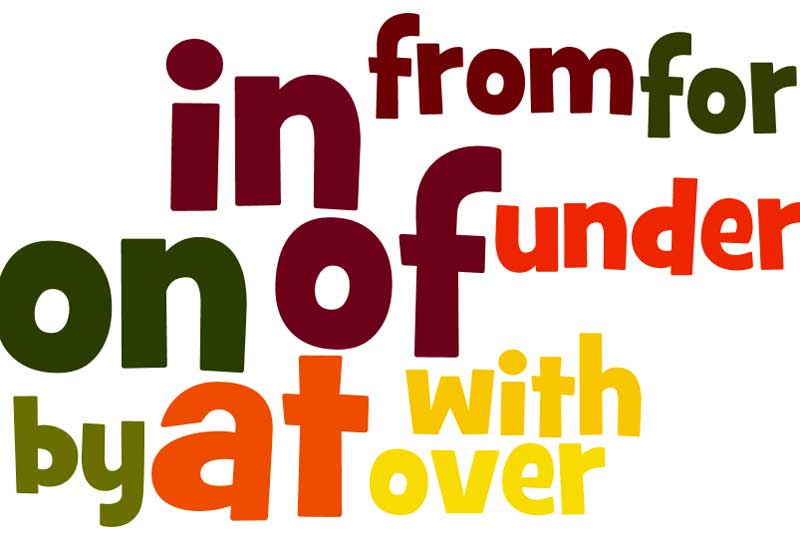×
The Standard e-Paper
Home To Bold Columnists

In Kenya today, one of the ubiquitous words is ‘hotel’. Tin shacks in the most remote parts of the country are emblazoned with the ‘hotel’ sign just as some of the ultra-modern buildings in Kenyan towns and cities do.